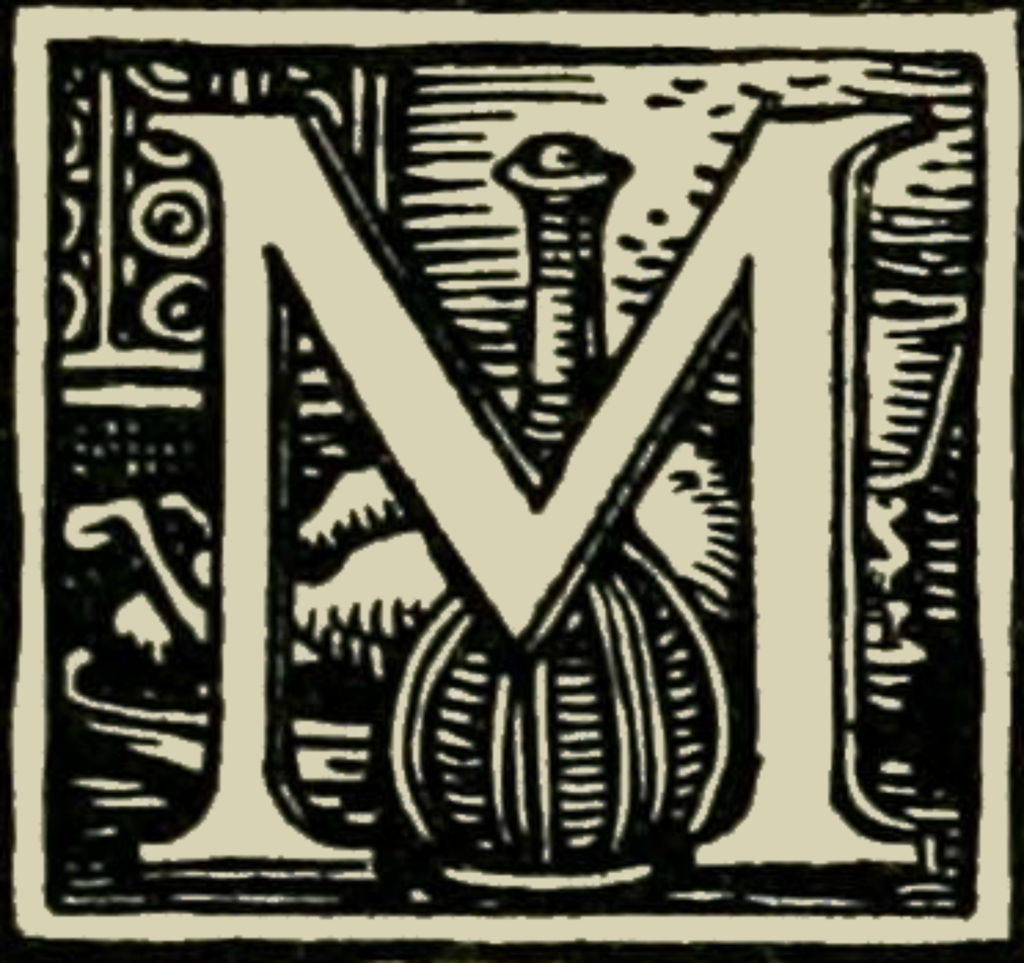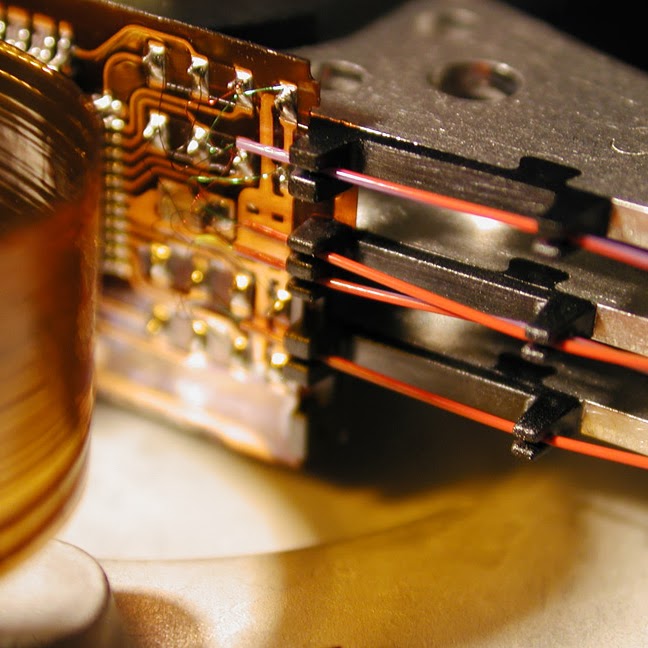Hey Folks!
We’ve been playing and discussing Calibri, Aptos ( Bierstadt ), Grandview, Seaford, Tenorite and Skeena over on Tildes and I figured you folks would enjoy clicking around and seeing what the differences between them actually are.
I wrote the article, so let me know if there’s something you’d like to see as well :D
Cheers !
I don’t mind Calibri, but Aptos does look like an improvement. I particularly like the serif added to the lowercase L… it has always annoyed me how that and uppercase I look exactly the same in many fonts. It’s one of the reasons why I’m partial to fonts with serifs.
but Aptos does look like an improvement
I think so too! Did you click through the Lorem Ipsum examples? Aptos is much easier on the eyes even in dense paragraphs.
I particularly like the serif added to the lowercase L
For the record, my calling those serifs has been a point of contention. To me Aptos feels like a semi-serif, not a sans-serif, although it’s officially one! However, it’s been suggested to me that I should do away with the serif terminology and call them simply stroke terminals!
Still mulling over this.
OK, debate solved,
serifs->stroke terminalsOh my god yes! future generations will be shocked that it took us that long to solve that particular typography problem.
I’m gonna miss the compactness of Calibri. I might have to reduce my font sizes now if I want to use Aptos in my pre-existing spreadsheets.
You’re not wrong about compactness, that’s a really good point!
Still adapting to Calibri … I liked arial because it was usually near the top of the font list so it was easy to find, lol
Maybe that’s why the new one got renamed to Aptos, ha.
Why? I’m not getting the joke :D
It will be near the top of the list of fonts since it begins with “A”. I think that was what they were getting at.
Thank you for getting the joke :-)
Haha big brain time :P
I liked arial
OK, you’re the only person who has managed to make me angry hehe :)
Someone actually likes Arial ??!!
Aside from using it to make jokes? It’s not bad, a legible sans-serif that renders well on low resolution screens. A lot of discussions about “clean” fonts seem to squabble over minutiae while the important part of being readable seems forgotten.
I agree wholeheartedly, it’s readable, but oh so ugly and brutalistic :P
Heyyyyy a fellow Arial fan. The Aptos font feels like the Mac version of Arial.
That was a fantastic article! There’s so much that I would never have noticed.
Thank you so much, this sort of feedback warms my heart, it really does !
Feel free to stick around via the Mailinglist or the Fediverse (Y), links are in
whoami!
Grandview seemed to do the best in clearly identifying the character 0. Is it an O, 0, I, l, or 1? Even without an example of O clearly visible in the sample text, the shape of 0 was very clear and seems like it should stand apart. Not the only reason to select a font, but it might be important to some.
On that paragraph about prominence, what I do notice is that the letters are way more closed, with less noticeable gaps, for example with a letter ‘c’. To those with weaker eyesight, the letters may be seen as an ‘o’. But a great article and I liked the comparisons.
Now that you say that, I liked Aptos’
G, but now I dislike it because it’ll likely make things harder for people with poor eyesight.
What are the “display” variants of the new fonts in that article? In the examples, they’re the ones with a * appended. They look much narrower to me (which I like).
I’m not at my PC right now, so it may just be that there’s an “Aptos Display” font or something 😅
What are the “display” variants of the new fonts in that article? They’re called that, at least on Office 365: Aptos Display, Grandview Display, etc.
From what I know display font variants are intended for short text, so book titles movie posters, maybe headings but not body text. They usually bolder with more flourishes and look best if they’re big on the page but might not be very readable in long, small formats.
Yes they’re usually called “<fontfamily> Display”. IIRC Display variants are optimized to be used on digital displays (usually on the web), where a lower resolution (72ish DPI) than printing (~300 DPI) is quite common.
Seaford* looking good
I agree, I like the variance in line weight on it. I’m a dirty serif-lover, though.
Great article. I lived 40+ years before giving any attention to any fonts at all.
Thank you ! I’m a bit overwhelmed by the positive resonance so far, so now I’m wondering what to write after that will give me the same high haha :)
That was a fantastic article! There’s so much that I would never have noticed.
And so the Aptos era begins.
I fell in love with Tenorite.
Why is that :D ?
Not that I disagree with you, as it’s also my favorite, but just wanting to hear your reasons :)
Oh, it’ll be easy! Everything I’m about to explain is written by its authors in the Microsoft note.
- The first and most important thing is the character line thickness. It’s almost the same everywhere.
- The second is “crisp-looking shapes and wide characters”. The gap between the characters is wider than in Aptos.
- The third is sharper lettering and fewer curlicues.
=
Look at the characters, for example, “a”, “e”, “g”. They have bulk shapes with a minimum of lines compared to Aptos. And now for my personal reasoning.
What is the most common case of reading the folk will have? It’s lack of light or twilight (subway, auto, office, home room, etc.). It’s a small screen size (smartphone or laptop). It’s a low PPI. This is the distance of 20-35 cm, or about a meter, to the screen. These are eyesight problems and astigmatism. These are the points (and more!) you must consider when creating a font.
Here’s my example. I have pretty good eyesight and a little astigmatism (only need to wear glasses when working long hours). I mostly surf the internet using a 17" laptop. I sit a meter away from the screen. That said, I have good illumination.
While using serif fonts, my eyes get tired after hours of reading. This is because astigmatism causes characters to have a subtle shadow at the edges of the lines (if there are pixel artifacts on display, it doubles the effect!). So fonts like the EB Garamond are generally unreadable for people like me.
Also, the brain needs a fraction of a second to figure out what the character is. E.g. the Tenorite’s “a” and the Aptos’ “a”. I don’t confuse it with anything else when looking at the Tenorite’s “a” and it goes much smoother while reading. The characters don’t blend into one mess for me.
As the authors said, they created a font “comfortable to read at small sizes onscreen”. If it’s comfortable on small screens, it will be the same on larger screens. On a 32" screen, almost all fonts will be OK. I could increase the font size on the small screen, but then it would be uncomfortable to read because of the smaller amount of content.
Based on studies, the better the font reads, the worse we are at memorizing information. But there’s not a lot of actually significant information on the Internet, and I do more writing than reading. So that’s not my point.
Thanks for a recommendation of Comic Neue from one old Reddit’s thread. It’s a wonderful font for reading in low reading environments. Seems Tenorite has replaced it for me, as it looks more common and has thicker outlines.
P.S. This is just my own geek standpoint, I didn’t/am not in the typography business.
Wow I always new I hated Calibri but looking at it up close REALLY made me hate it. I don’t know what it is about that font but I just can’t stand it.
deleted by creator
haha, your comment made my day :D
hate is such a great feeling to bond :P














